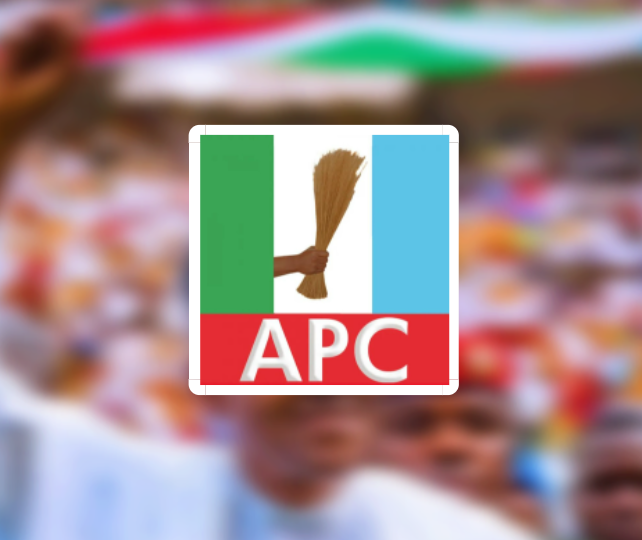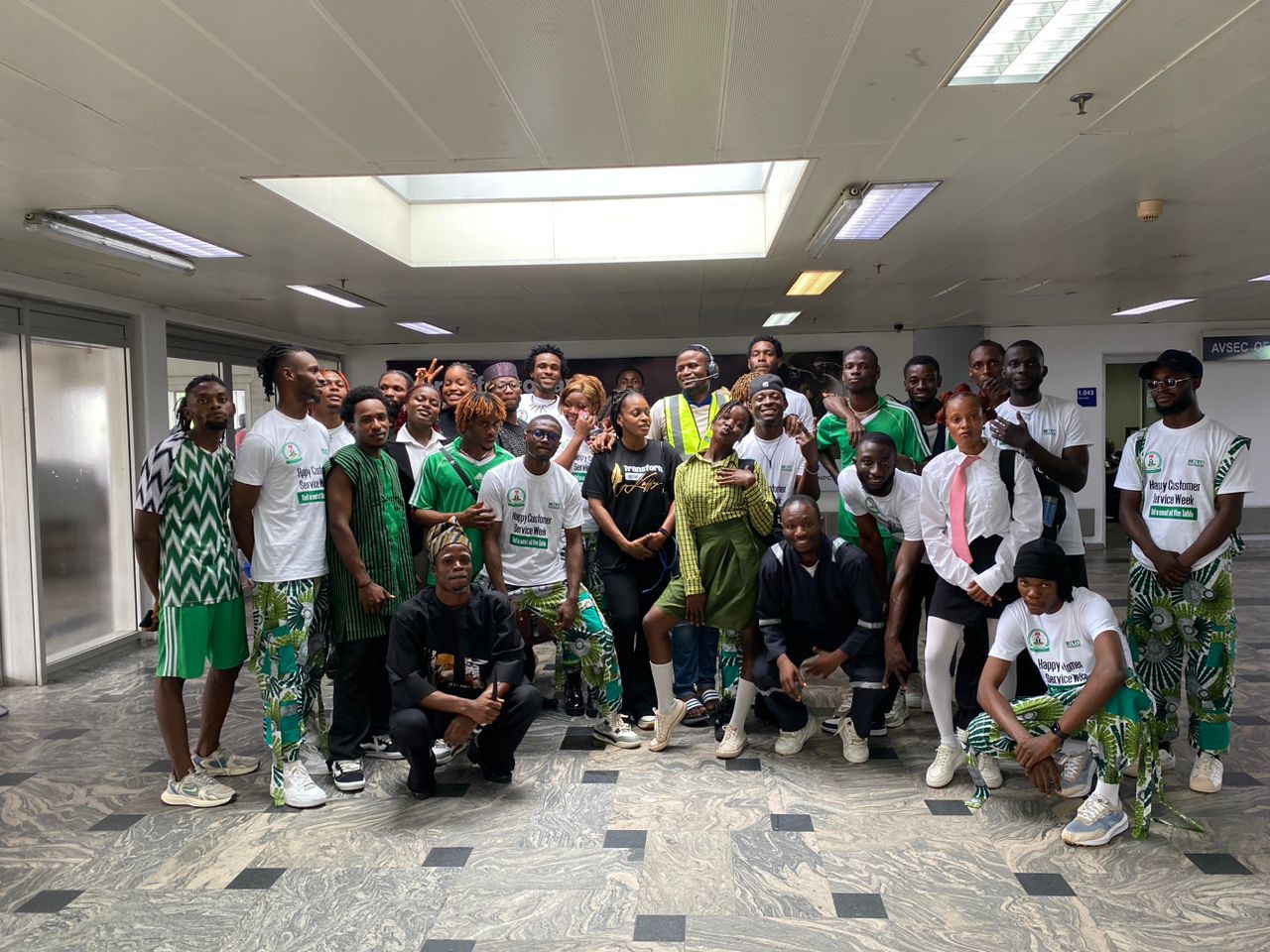As Lagos residents prepare to vote in Saturday’s local government elections, tension continues to mount following weeks of controversy over the All Progressives Congress (APC) primaries, protests by aggrieved aspirants, and security concerns over a statewide lockdown order issued by the police.
The polls, covering 20 Local Government Areas (LGAs) and 37 Local Council Development Areas (LCDAs), are considered a crucial political test, not only for the ruling APC in Lagos but also for President Bola Ahmed Tinubu ahead of the 2027 general elections. Lagos is Tinubu’s traditional political base, and the outcome of the local polls, especially following the Labour Party’s upset in the 2023 presidential election, is expected to signal whether the party can maintain internal cohesion and voter trust amid growing public discontent and emerging opposition.
The APC conducted its primaries in May, clearing over 430 chairmanship aspirants. But the exercise was far from smooth. In key areas such as Agege, Mushin, Ikeja, and Somolu, allegations of candidate imposition, lack of transparency, and manipulation of delegate lists triggered unrest. Multiple protests were staged at APC secretariats across the state, with placard-bearing supporters demanding justice and threatening to withdraw support if their preferred aspirants were sidelined.
The APC Appeal Committee, chaired by Lagos State Attorney General and Commissioner for Justice, Lawal Pedro (SAN), reportedly received more than 100 petitions from aggrieved aspirants. Many claimed they were unfairly screened out or denied access to recognised delegates. Some accused powerful party leaders of handpicking candidates based on loyalty rather than competence or popularity.
Despite the backlash, the party has defended the credibility of the process. At the official presentation of its candidates, Chairman of the APC Election Committee in Lagos, Barrister B.K. Ogala, said the relatively low number of appeals—about 50 out of 439 tickets—showed the primaries were largely successful.
However, the controversies were far from over. One of the most hotly contested outcomes came from Agege, the stronghold of the Speaker of the Lagos State House of Assembly, Mudasiru Obasa. There, Alhaji Tunde Azeez emerged as the APC’s chairmanship candidate under circumstances described by party insiders as controversial. Azeez was accused of being imposed on the local chapter despite opposition from several quarters. Rumours had circulated earlier that Obasa’s son was being positioned for the role, leading to speculations that the final outcome was the result of internal blackmail and strategic compromises.
Azeez was also accused of using another aspirant’s health condition as political leverage—an allegation he strongly denied in a public statement. Similar scenes of discontent played out in other LGAs, deepening fears that internal wrangling within the APC could affect its performance in Saturday’s elections.



